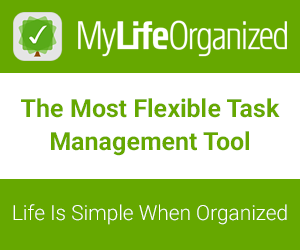Technology has changed the way we live our lives. It has largely seen off the humble VHS, telephone box and disposable camera – and has vastly altered the way we do a whole host of things such as navigate a road journey, bank and shop.
Our addiction to shopping online has long since stretched beyond simply making purchases – browsing is fun too. As the Internet developed, shoppers have used it to compare prices and search out the best deals in the sort of rapid way that was never possible before.
That explains the soaraway success of sites such as Rightmove, which attract more than 100 million views a month. Over the past 15 years the way in which buyers start their search for a house has changed from gazing longingly at pictures in shop windows and leafing through the middle pages of a local newspaper, to a few swift clicks on a website. Now more than 90 per cent of house searches begin online.
But, while browsing proved popular, traditional estate agents had proved resilient – being able to maintain their lucrative position at the heart of what, for most people, is the most significant financial transaction they will be involved in. Once a buyer finds a property, explores the pictures and floorplan and analyses its sales history, a phone call or visit to the old shop is still required to take the process forward offline.
Yet, consumers are increasingly looking at ways in which the process of physically buying a property can also move online, challenging the business model of the traditional estate agent that remains, websites notwithstanding, rooted in the practices of the past.
In a column for the Spectator, Harry Mount explained why he feels the move online is both happening and necessary.
He wrote: “In the old days, you were essentially paying for a less efficient property advertisement service from the traditional agents. In return for trousering that stonking 2 per cent of the house price, they’d kindly stick a photo of your house in their front window.
“These days, the old-fashioned estate agents are online, too, but they’re still charging you 2 per cent for a service that should cost a tiny fraction of that.”
Online estate agents promise to deliver a house sale for a flat fee of about £500 instead of taking a cut of several per cent of the asking price, stretching to several thousands of pounds – HouseSimple estimates its customers save almost £6,000 on average. Online agents also promise to be quicker but it is this cold hard cash calculus that is turning heads. If they can deliver even the same service as a traditional estate agent for a rapidly lower cost then the tide will inevitably turn in their favour.
The results so far suggest that sales will follow browsing in becoming an online pursuit. Between five and ten per cent of sales already take place online but some experts predict this will rocket to 70 per cent by 2020. Mount believes this to be a conservative estimate.
At the end of the day, the twin pressures of technological advances and simple economics look likely to erode the traditional estate agent. While it makes logical sense to carry on the process online after you’ve done your browsing, it makes financial sense when the fees are compared. Convenience and cost are powerful trump cards – both are no longer held by traditional operators.




Like this article? Share with your friends!